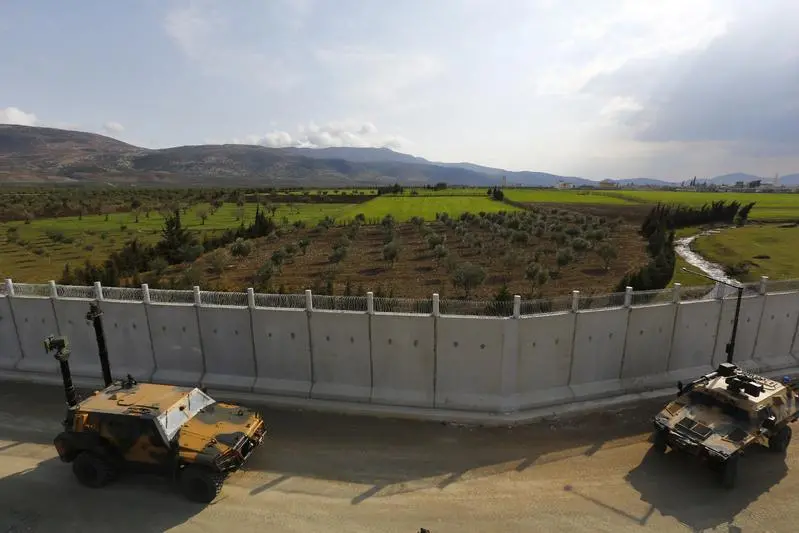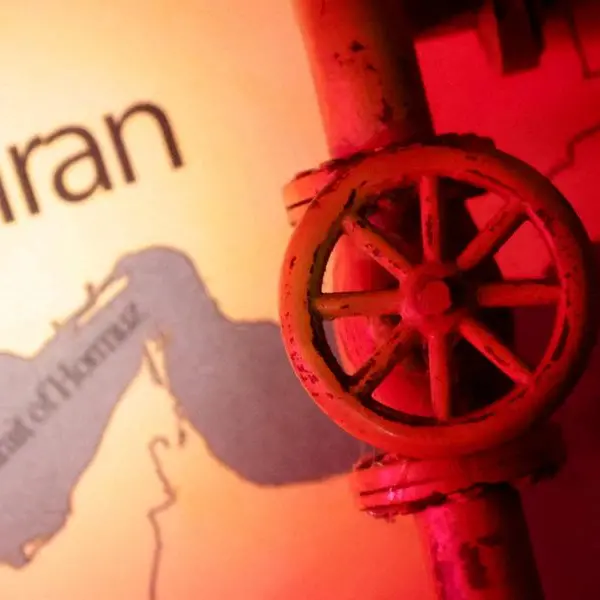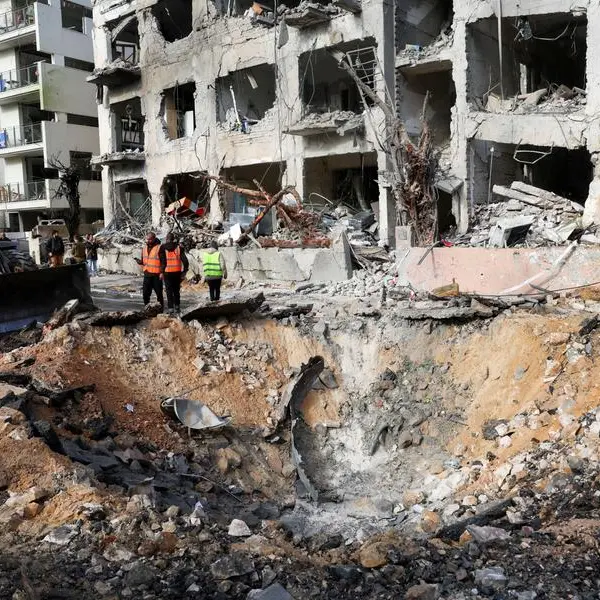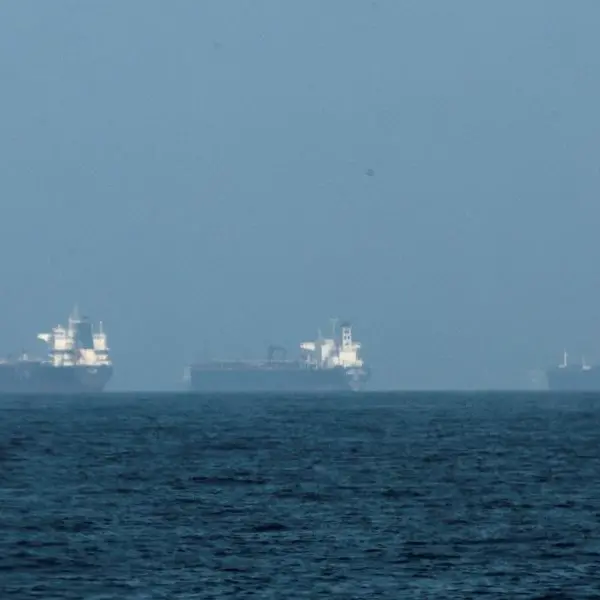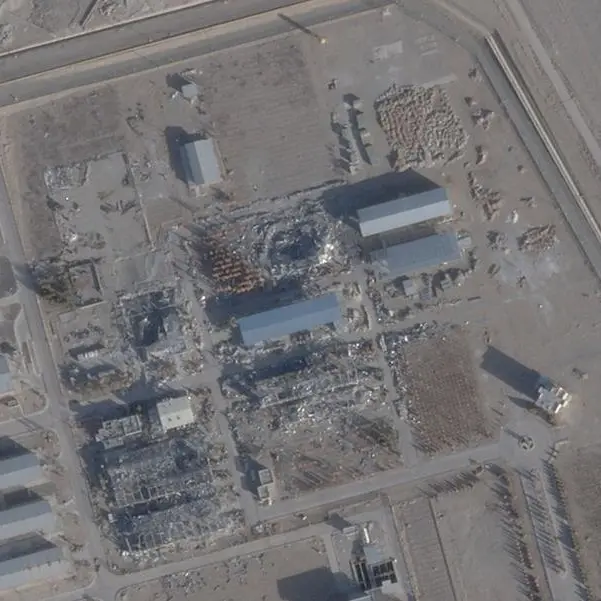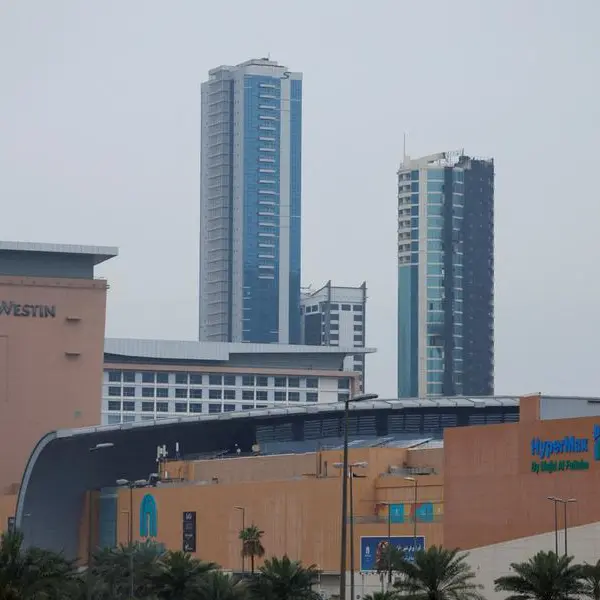PHOTO
Turkey is pushing the United Nations and others for an extension of aid deliveries into rebel-held northwest Syria as global interest and funding priorities shift towards suffering in other conflicts, two Turkish sources familiar with the negotiations told Reuters.
Turkey, which has backed rebels looking to oust President Bashar al-Assad in Syria's 12-year-old civil war and has no ties with Damascus diplomatically, has been a centre for aid delivery into northwest Syria since 2014, mainly through its Bab al-Hawa (Cilvegozu) crossing, with U.N. Security Council authorisation.
That permission was extended unilaterally by the Assad government until Jan. 13 after the 15-member Security Council failed to reach an agreement last year.
After an earthquake killed more than 50,000 people in Turkey and Syria in February 2023, Syria granted another permission for aid deliveries from the Bab al-Salam and Al Ra'ee crossings, but that will also expire on Feb. 13.
The sources, speaking on condition of anonymity, said it was crucial to extend the authorisations, namely for Bab al-Hawa, to allow planning for long-term humanitarian and development projects in the region. One source said that adding deadlines caused "constant pressure and unpredictability".
"The U.N. is also looking, with the (Syrian) regime, at the possibility of extending this indefinitely this time, without a three- or six-month set limit," the source said.
"We are closely following negotiations the U.N. is holding on use of these border crossings, we are in constant contact," the person said, adding the Security Council might adopt a binding resolution if an extension is not agreed with Damascus.
The Syrian government did not respond to a Reuters request for comment on the issue. However, two aid sources told Reuters they had heard "reassuring" news about a unilateral renewal from Damascus for the Bab al-Hawa crossing.
Eri Kaneko, spokesperson for the U.N. Office for the Coordination of Humanitarian Affairs (OCHA), said talks were continuing with Damascus on the cross-border aid as it remained a "lifeline" to some 2.5 million people in the northwest, the last major Syrian rebel bastion as the war has abated.
She said 5,000 trucks of aid had crossed into the region in 2023, with 4,000 entering via Bab al-Hawa.
DECREASING FINANCING
Millions of people have fled Syria since the conflict began in 2011, including some 3.3 million refugees in Turkey. Millions more have been internally displaced.
Assad has retaken control of much of Syria with the military backing of Iran and Russia, and fighting has largely subsided.
Syrian rebels now fear Assad may soon be able to choke off badly needed humanitarian aid, as Damascus acts to establish its sway over United Nations assistance.
Assad's government wants aid deliveries to the northwest to go through government-controlled areas - referred to as cross-line aid. Turkey has said it supports both cross-line and cross-border aid as long as it continues unhindered.
The Turkish sources said that other, hotter conflicts, like those in Gaza and Ukraine, had prompted donors to scale back humanitarian financing for northwest Syria, impacting the amount of aid being dispatched.
"We are reminding donor nations that this could have serious consequences on the ground for the region, and even for Europe," said the second Turkish source. "We are telling them: 'Reconsider these decisions'."
Turkey has carried out several cross-border military operations against Kurdish militants in northern Syria, held talks with Iran and Russia for a political solution to Syria's war, and has recently taken steps to revive ties with Damascus.
However, it has complained of stagnation on the issue because of what it calls Assad's unwillingness to compromise to contain cross-border attacks by Kurdish militants Ankara views as terrorists, and to repatriate Syrian refugees in Turkey. (Additional reporting by Gabrielle Tetrault-Farber in Geneva; writing by Tuvan Gumrukcu; editing by Daren Butler and Mark Heinrich)
Reuters
